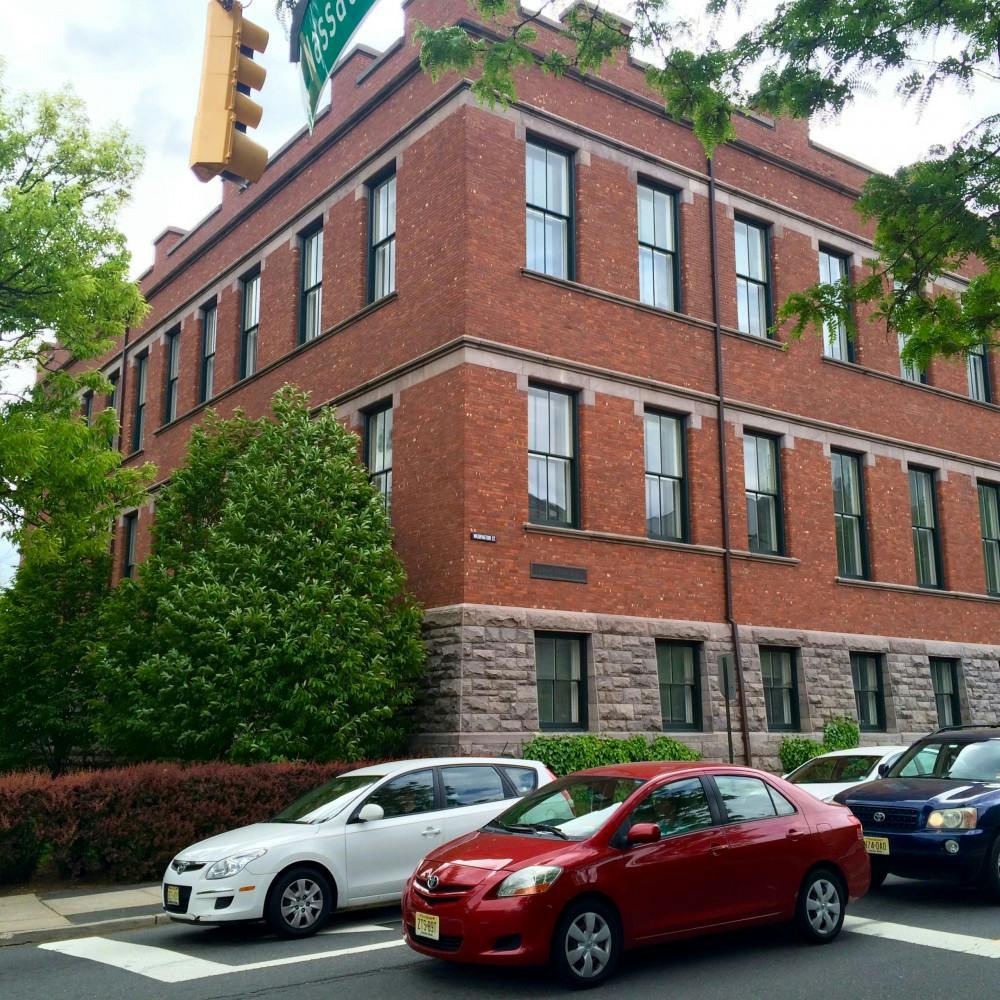Two anthropology researchers discussed the continuities and differences between their studies of Kurdish migrants, Sufi groups, and Islamic groups in Istanbul.
Chris Houston, an anthropology professor at Macquarie University, and Onur Günay, a documentary filmmaker and Wilson School postdoctoral research associate, conducted the lecture, titled “Drugs, Crime, Sex, and Sufis: Publiticizing Islam in Kurdish Istanbul.”
Houston and Günay spoke about their fieldwork in Kurdish Istanbul, which focused on political responses to and social effects of the reemergence of war between Turkey and the Kurdistan Workers’ Party (PKK).
Houston’s research focused on opinions towards Kurdish insurgency and the push for increased autonomy alongside cultural and political rights in Turkey.
“In two years’ fieldwork, I found that Muslim talk and action directed to solving the Kurdish issue could be divided into three main groups among Islamists,” said Houston, adding that these three groups, according to his research, are State Islamist, Islamist, and Kurdish Islamist.
According to the State Islamist position, the recognition of a Kurdish issue would be a threat to the status of the Republic of Turkey. Their solution was to push for extreme assimilation on the part of the Kurds.
“Logically, [according to State Islamists], ensuring that Kurds changed their self-perception would eliminate the issue,” Houston said.
The Islamist position was that Muslim identity “should trump other identifications, including that of Turkish nationalists [or Kurdish identity].”

Kurdish Islamism, on the other hand, promoted Sharia law to unite Muslim groups, both Kurdish and Turkish, and sought Islam as a unifying solution for conflict.
The hope of this movement was that “Kurds will be satisfied with whatever Islam gives,” Houston said.
After completing further fieldwork more recently, Houston noted that “in 2017, any sympathy for Kurds had evaporated. In a way … Islamist discourse had [collapsed to] Statist Islamist.”
Günay completed fieldwork focused on drug use, crime, and spiritual healing of Kurds in a climate of dispossession and violence.

Günay discussed encounters with young Istanbul residents, who spoke of everything from criminal encounters like robbing a taxi driver; to sexual experiences; to the transition from using marijuana to using ecstasy; to their experiences seeing their cousins killed and elders stripped and publicly humiliated.
“Kurdish youth not only see the dead bodies of cousins … they witness the death of their peers in the war between the PKK and the Turkish state … Many [interlocutors] told me that they still see and hear the [violence committed against family members],” Günay said.
The political turmoil, according to Günay, often leads to crime and drug use among young people in Istanbul.
“Istanbul is a tough city. If you don’t work for a couple of weeks, your pockets will be empty,” said Günay, recalling what one young man told him.
Three other Kurdish boys told Günay a story of robbing and assaulting a taxi driver to steal money for drugs. They later began frequenting a Sufi lodge, a place of Islamic religious practice and community.
“For the displaced Kurds, Sufi lodges are social spaces that connect bodies, jobs, resources, and news,” Günay said. “They not only provide shelter for the poor during the cold days of the winter, but also offer opportunities for upward mobility.”
Sufi lodges, according to Günay, provide a place of spiritual healing.
Günay said he remembers a young man telling him, “This is the only place we can be happy. We can’t control ourselves outside … we are young. We go after prostitutes…. Everyone you see here used to be sinners. For example, I used to do drugs in the parks. Some of them are alcoholics. Some of them are thieves. But it’s good here.”
The lecture was held at 4:30 p.m. in Aaron Burr Hall 219 on Tuesday, Nov. 27. The event was sponsored by the Department of Anthropology.








